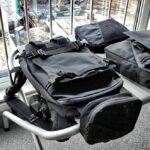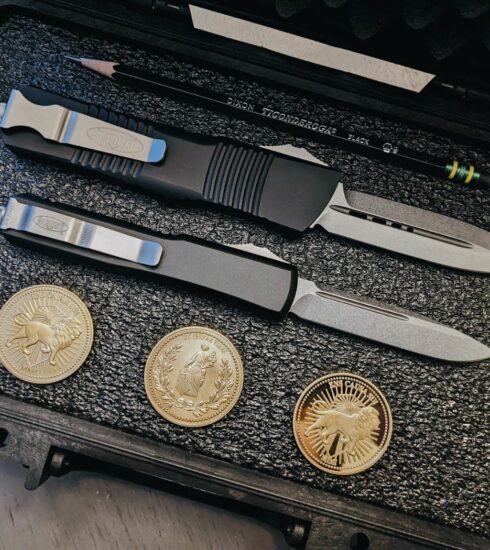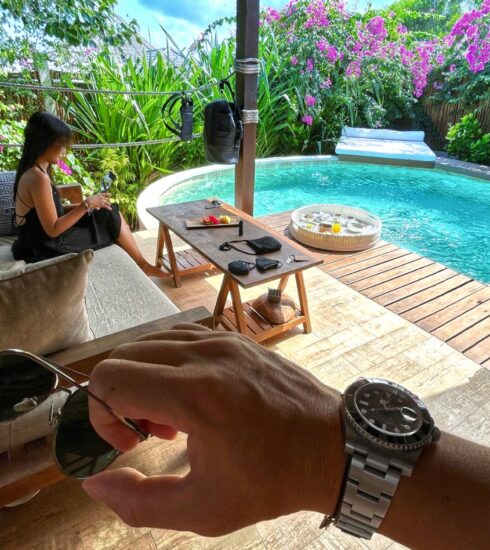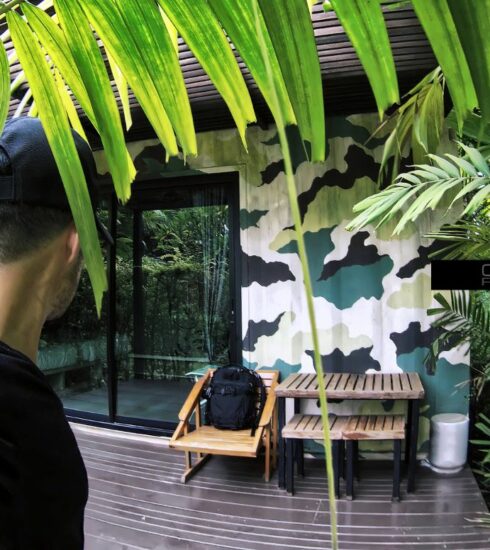10 Novice and 10 Advanced Operator Tips For Foreign Travel
Novice Tips
Learn a few key phrases in the local language, such as “hello,” “please,” and “thank you,” as well as basic phrases for asking for directions and ordering food.
Be aware of your surroundings and stay alert for anything that seems out of place or suspicious. Avoid displaying valuable items like jewelry or expensive electronics.
Dress modestly and in a way that is respectful of local customs and traditions. To blend in, dress like the locals do; colors, brands etc.
Research the local laws and customs before you go, and be aware of what is and is not acceptable behavior in the country you’re visiting.
Keep a copy of your passport, ID, and important documents in a safe place, such as a hotel safe or a hidden pocket in your clothing and as an email draft in your account.
Be aware of the local emergency number and know how to contact the local authorities. “911” is used in many countries but not all. Find out the number for the country you’re in.
Use common sense, and don’t put yourself in unnecessary danger. If something doesn’t feel right, trust your instincts and remove yourself from the situation.
Be aware of the local currency and budget accordingly, and always know the location of your nearest embassy.
Learn about the local transportation options and how to use them, and familiarize yourself with the local area and landmarks. Especially your hotel and vicinity as well as how to get back to your hotel.
Be respectful and open-minded, and remember that you’re a guest in someone else’s country. What may seem strange or exotic to you is completely normal to everyone else there.
Advanced Tips
Research the local crime rate and hotspots, and take steps to protect yourself accordingly. Be particularly aware of pickpocketing and other common forms of theft and petty crime.
Look into local customs and taboos, such as those related to dress, personal space, and body language. Learn how to greet people and show respect in the local culture.
Learn about the local political and social climate, and be aware of any ongoing tensions or potential flashpoints that could impact your safety.
Research the local medical facilities and emergency services, and find out what kind of healthcare is available in the country you’re visiting. Consider getting travel insurance that covers medical emergencies.
Learn about the local food and drink, and take steps to avoid getting sick from unfamiliar dishes or contaminated water.
Learn about the local transportation options and how to use them, and familiarize yourself with the local area and landmarks. Consider purchasing a local SIM card for your phone to make it easier to navigate and communicate.
Make friends with local people, as they can provide valuable insights into the culture and offer suggestions for things to see and do.
Learn about the local weapons possession / carry laws and self-defense criminology, as well as where to procure such tools.
Be mindful of your electronic device security, be aware of any suspicious persons or activities around you, and be prepared to protect your personal data.
Be open to new experiences and take the opportunity to immerse yourself in the local culture. Don’t be afraid to step out of your comfort zone and try new things.
[INTEL : How to be a Modern Nomad]






